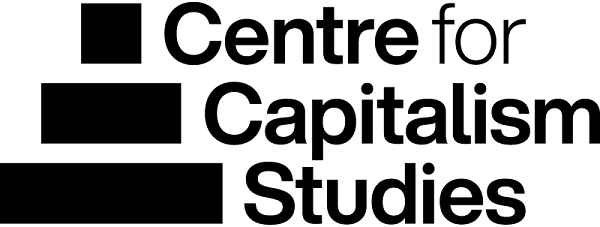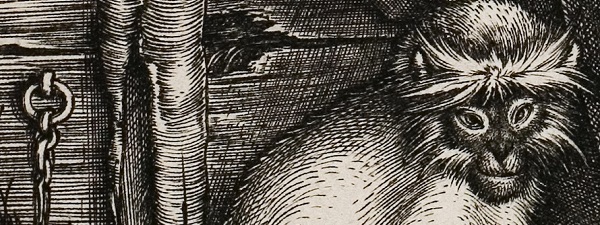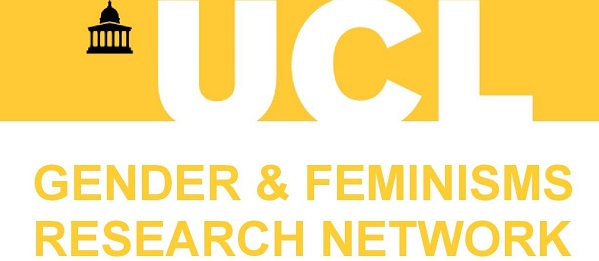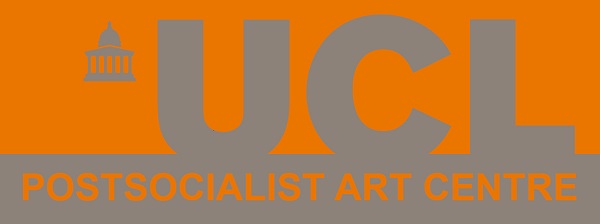Research Centres and Networks
The IAS provides a home for established research forums, as well as newly formed initiatives. There is no uniform model for IAS Research Centres and they include externally funded units, experimental forums and thematically driven research clusters.

A hub for intellectual exploration and exchange between academics of all disciplines and artists of all genres in the creative and cultural industries.

UCL Centre for Capitalism Studies is a world-leading centre for critical interdisciplinary research into the past, present, and future of capitalism.

A home for world-leading scholarship about childhood as a socio-political, cultural, and historical phenomenon in diverse global contexts.

UCL-CCV adopts a multi-disciplinary approach to understanding the processes, character and implications of collective violence, past and present.

UCLDH produces applications and models that make possible new kinds of research, and studies the impact of these techniques on cultural heritage, museums, libraries, archives, and culture at large.

EME is dedicated to the study of the diverse cultural, economic and social exchanges between early modern states in the Old World and beyond from 1450-1800.

CELL is a collaborative research laboratory populated by scholars interested in finding digital solutions to archival questions, primarily in the early modern period.

GFRN provides a platform for the many researchers who engage with questions of gender, with emphasis on intersecting politics of race, class, age, able-bodiedness and sexuality.

The UCL Health Humanities Centre draws together staff from different disciplines, departments and faculties engaged in teaching and research on matters relating to health, illness and well-being.

LMC brings together research which is relevant to explaining how meaning arises in language use. Questions about meaning in language frame the key challenges for all disciplines interested in language.

UCL Postsocialist Art Centre is dedicated to the study of the art and visual culture of socialism and postsocialism from a global perspective.

qUCL is a university-wide network, bringing together teaching and research across UCL on lesbian, gay, bisexual, trans* and queer (LGBTQ) equalities, identities and histories.

SPRC was established in response to student-led demands for the transformation of the curriculum and a reparative reckoning with the powerful, but often unacknowledged, colonial and imperial histories of our university, our city and our nation.
Former centres
The UCL Centre for Research on the Dynamics of Civilisation (CREDOC) sought to understand the social phenomenon of 'civilisation' and to challenge the often politicised role it is being made to play in the modern world. Its programme ran from October 2013 to July 2018.
The Centre for Humanities Interdisciplinary Research Projects (CHIRP) was established in September 2012 to provide a hub for interdisciplinary research activities based within Arts & Humanities and Social & Historical Sciences, and to amplify the reputation of these distinguished areas of UCL research activity as widely as possible. From August 2015, management of CHIRP initiatives and funding were transferred to the UCL Institute of Advanced Studies.
Secularity and Secularism Studies (SSS) was a centre for multi- and interdisciplinary research into secularity. Its work encompassed philosophical and political secularisms, as well as an array of so-called secular phenomena, be it atheist, non-theist and nonreligious populations, the de-sacralisation of literature and the arts, or any number of modern institutions that are designated as secular, including the university itself.
Art, Architecture and War (AAW) brought together Ukrainian researchers of art, architecture and visual culture based at UCL with scholars working on related topics.
 Close
Close














